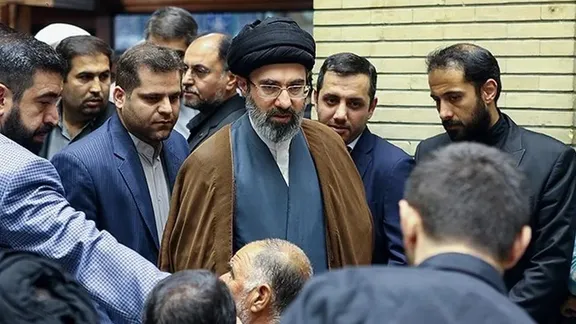
KAMPALA – In a significant political realignment, more than sixty politicians formerly affiliated with the National Unity Platform (NUP) have officially defected to the People’s Front for Freedom (PFF). The mass move comes on the heels of a contentious vetting process by the NUP, which denied the group official party cards, effectively barring them from seeking elective office under the party’s banner in the upcoming local council elections.
The group, comprised of aspiring local councilors and chairpersons from various districts, cited what they called “opaque and exclusionary” vetting procedures within the NUP as the primary reason for their departure. They claimed the process unfairly targeted perceived independents and critics within the party, stifling internal democracy.
“We were dedicated members with a desire to serve our communities under the NUP’s ideals,” said one of the defectors who wished to remain anonymous. “However, the denial of our certificates without clear and transparent reasons left us with no choice but to seek a platform that values inclusivity and grassroots participation.”
The People’s Front for Freedom, a relatively newer political entity, has openly welcomed the defectors. In a statement, the PFF leadership praised the group’s commitment to public service and framed the acquisition as a major boost for their growing coalition.
“The People’s Front for Freedom is built on the foundation of open doors and democratic principles. We are thrilled to welcome these sixty-plus patriots who have been sidelined for their commitment to serving the people,” the statement read. “Their experience and energy will be invaluable as we build a formidable force dedicated to genuine freedom and development at the local level.”
The move is seen as a blow to the NUP, which has faced internal challenges managing its rapid growth and diverse membership since its emergence as a major opposition force. While the party has stated that its vetting was necessary to ensure discipline and weed out individuals with questionable allegiances, critics argue it has led to fragmentation.
Political analysts suggest this defection could significantly alter the dynamics in several local council races, potentially splitting the opposition vote and providing an advantage to candidates from the ruling National Resistance Movement (NRM).
The NUP has yet to issue an official comment on the mass defection to its rival. As the election season heats up, the movement of these politicians underscores the fluid and often volatile nature of Uganda’s political landscape.








